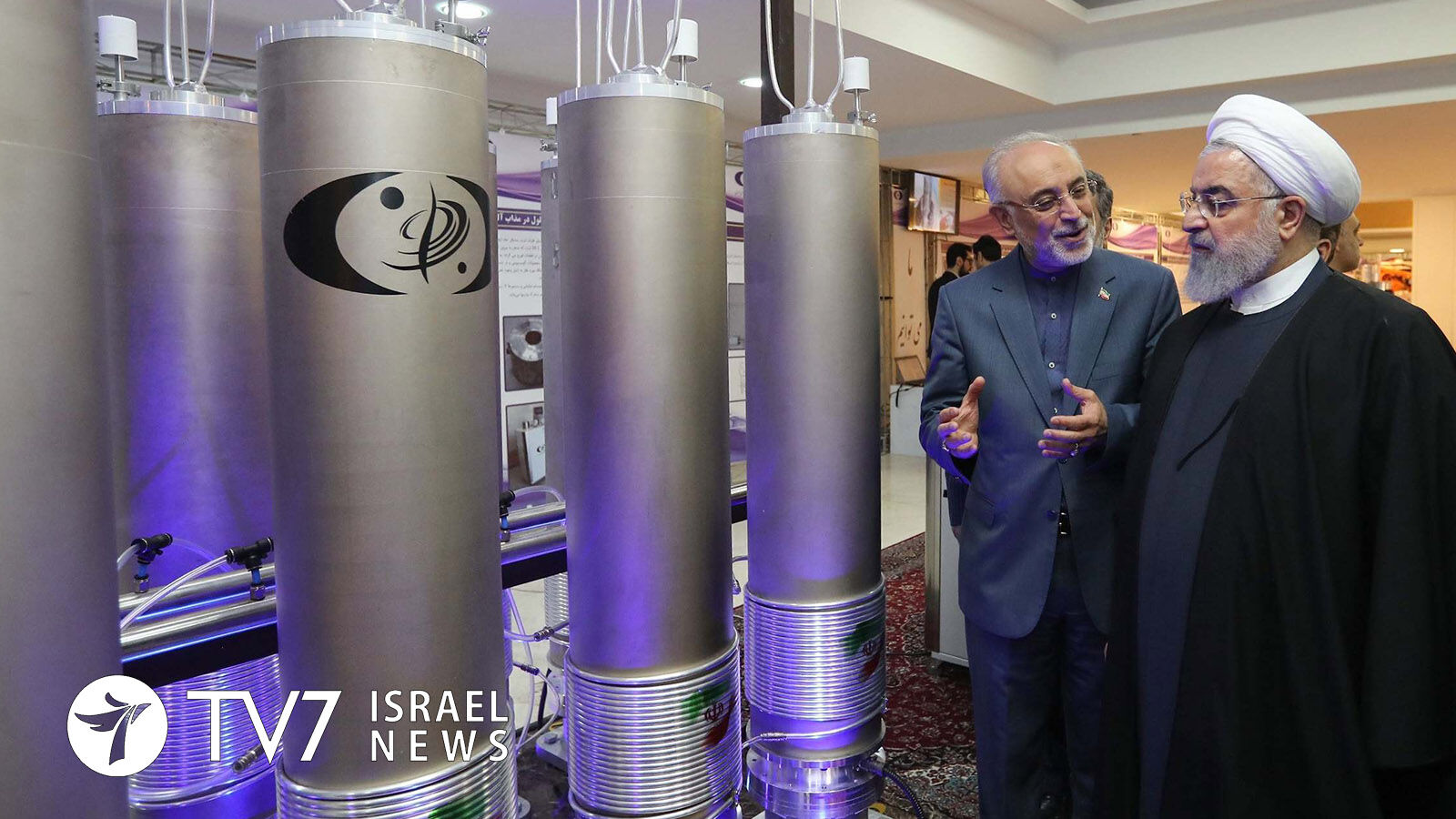The Islamic Republic’s chief atomic negotiator Bagheri Kani pledged to resume negotiations by the end of November.
By Jonathan Hessen and Erin Viner
Kani, who is also Iranian Deputy Foreign Minister, made the announcement on Twitter following a meeting with European Union Political Director Enrique Mora. He added that, an “exact date would be announced in the course of next week.”
The Islamic Republic has stalled resumption of indirect talks aimed at resuscitating the 2015 Joint Comprehensive Plan of Action (JCPOA) that began last April but have yet to be continued since the election of hardline new President Ebrahim Raisi in June.
Tehran began openly violating atomic curbs set by the JCPOA including uranium enrichment after then-US President Donald Trump withdrew from the pact in 2018 and re-imposed sanctions. Enriching uranium can provide a path to obtain the fissile material necessary to produce nuclear weapons, an ambition Iran denies that was rejected by the Trump Administration and successive Israeli governments.
Iranian Foreign Minister Hossein Amir-Abdollahian was less certain than Bagheri, however, stating at a later press conference in Tehran that “we will decide on whether to announce the date for the start of talks with the 4+1 in Brussels” following consultations with Tehran’s nuclear negotiator. Reiterating the Ayatollah regime’s demand for commitments from Washington prior to a mutual return of compliance with the JCPOA, he said “We’re waiting for the United States to return to the agreement (more than) just in name (only) – what matters is whether the result of a (US) return will benefit Iran and if it will move us towards the lifting of sanctions or whether it would create new limitations.”
While he said he “personally believes” that if US President Joe Biden is serious about resuming compliance with the JCPOA, Minister Amir-Abdollahian stressed, “then he should show this so that we can believe that the Americans are actually serious about lifting sanctions.”
Following the mixed signals from Iran, the White House released a statement confirming its intention to resolve the nuclear dispute in a reciprocal route.
“Our commitment remains pursuing a diplomatic path forward,” said White House Press Secretary Jen Psaki. “Our framing continues to be compliance-for-compliance,” she underscored, adding that, “we’ll leave it up to the Europeans and our negotiators to determine when the next step would be.”
When asked prior to Psaki’s remarks about a timetable for US consideration for a potential “Plan B” response, National Security Advisor Jake Sullivan commented there was no fixed date but that “obviously, we closely monitor the progress in Iran’s nuclear program” and “are alarmed and concerned by the steps that they have taken since they left the Joint Comprehensive Plan of Action,” which had imposed “significant and substantial” constraints. “Now we do not because we don’t have that deal,” he said, adding, “So, our first and highest priority is to get back to the table and get back to a deal that does, in fact, place a lid on Iran’s nuclear program.”
The US National Security Advisor went on to explain that “part of the reason the President wants to have the chance to coordinate closely with our European partners, particularly with the E3, who are part of the talks, is for us to have a united front after the four years of division on the Iran policy in the last administration.”
Emphasizing that Washington will continue to send “clear messages to the Iranians, as we have been doing over the course of the past few months, that this window is not unlimited; that we do need to see a return to diplomacy and progress at the diplomatic table,” Sullivan repeated that, “we, of course, retain all other options to be able to deal with this program as necessary. But beyond that, I’m not going to comment further because we believe there still is an opportunity to resolve this diplomatically.”
